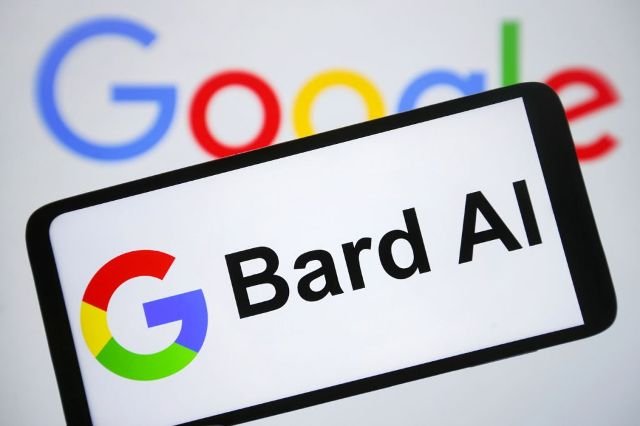ISLAMABAD: Google has announced the integration of Gmail, YouTube, and other tools into its Bard chatbot as part of the tech giants’ efforts to convince users of the practicality and safety of generative AI, dispelling concerns that it is merely a passing trend.

The search engine giant has quietly been developing AI capabilities for years but was caught off guard when OpenAI released ChatGPT late last year and partnered with Microsoft to make its capabilities available worldwide.
Google responded by launching its Bard chatbot earlier this year, overcoming data privacy concerns from European regulators and offering it in more than 40 languages.
The enhanced chatbot from Google now enables users to perform new tasks, such as summarizing complex email threads and accessing Google Maps for holiday destination recommendations. These features, known as Bard Extensions, also allow users to extract key information from content in Google Docs and Google Drive, including PDFs.
Additionally, Google’s new chatbot features a button that can identify incorrect answers by comparing Bard’s output with the results of a Google search query on the same topic, highlighting any discrepancies. This aims to address concerns about inaccuracies that users may encounter when using Bard, ChatGPT, or Microsoft’s Bing.
Google’s Bard Chatbot: Privacy and AI Advancements
Google’s Bard chatbot’s capabilities align closely with Microsoft’s offerings, which incorporate AI powers into its Office 365 apps but come at an additional cost and are not available through the Bing chatbot.
To address privacy concerns, Google assured users that the new capabilities would only access personal data “with your permission.” The company emphasized that it would not use any scraping of personal content from its workplace tools, such as Docs, Drive, or Gmail, for ad targeting, training Bard, or human evaluators’ review. Users have full control over their privacy settings and can disable the extensions at any time.
These developments come as the long-term viability of generative AI chatbots, such as ChatGPT, remains uncertain, with usage trending lower over the past few months. Furthermore, Microsoft’s integration of the Bing chatbot into its search engine earlier this year did not significantly impact Google’s dominant position in the search market.
Despite these challenges, governments and tech companies continue to invest in generative AI as they see it as a pivotal advancement in technology, leading to increased spending on research, new products, and infrastructure.


